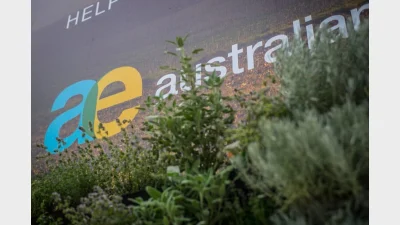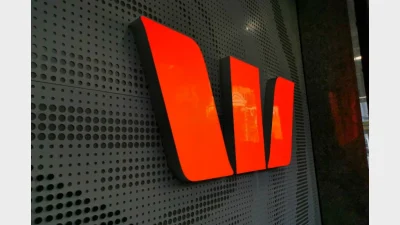S&P changing CDO approach
Global ratings house Standard & Poor's is proposing to change the way it rates collateralised debt obligations (CDOs) - something likely to have an initial negative impact on the existing ratings of many CDOs.
The company said it intended to update its criteria for rating cash flow CDO transactions backed by corporate loans or bonds and for synthetic CDO transactions that reference pools of corporate obligations.
S&P said the most notable of its proposed changes was the addition of new qualitative and quantitative tests, which would be applied to each rated tranche in addition to those already being applied.
At the same time, the company said it proposed to "recalibrate our CDO Evaluator default model to target specific stressed default scenarios at each of our rating categories".
S&P cautioned that the proposed changes, if adopted, would likely have a significant negative effect on the current outstanding ratings of many corporate CDO transactions.
It said it had conducted a preliminary assessment of the negative implications and the analysis showed potential downgrades of existing transactions in the range of one to six notches, on average.
Recommended for you
“Slow and steady” appears to be the Reserve Bank’s approach to monetary policy as the board continues to hold on to its wait-and-see method.
AFCA’s latest data has shown a decline in complaints relating to superannuation, but there is further work to be done, it has warned super funds.
Limited exposure to fossil fuel companies has positively impacted the performance of Australian Ethical’s balanced and growth funds, the super fund says.
The major bank has announced that real-time super payments will soon be available to all QuickSuper employers ahead of the looming payday super regime.











